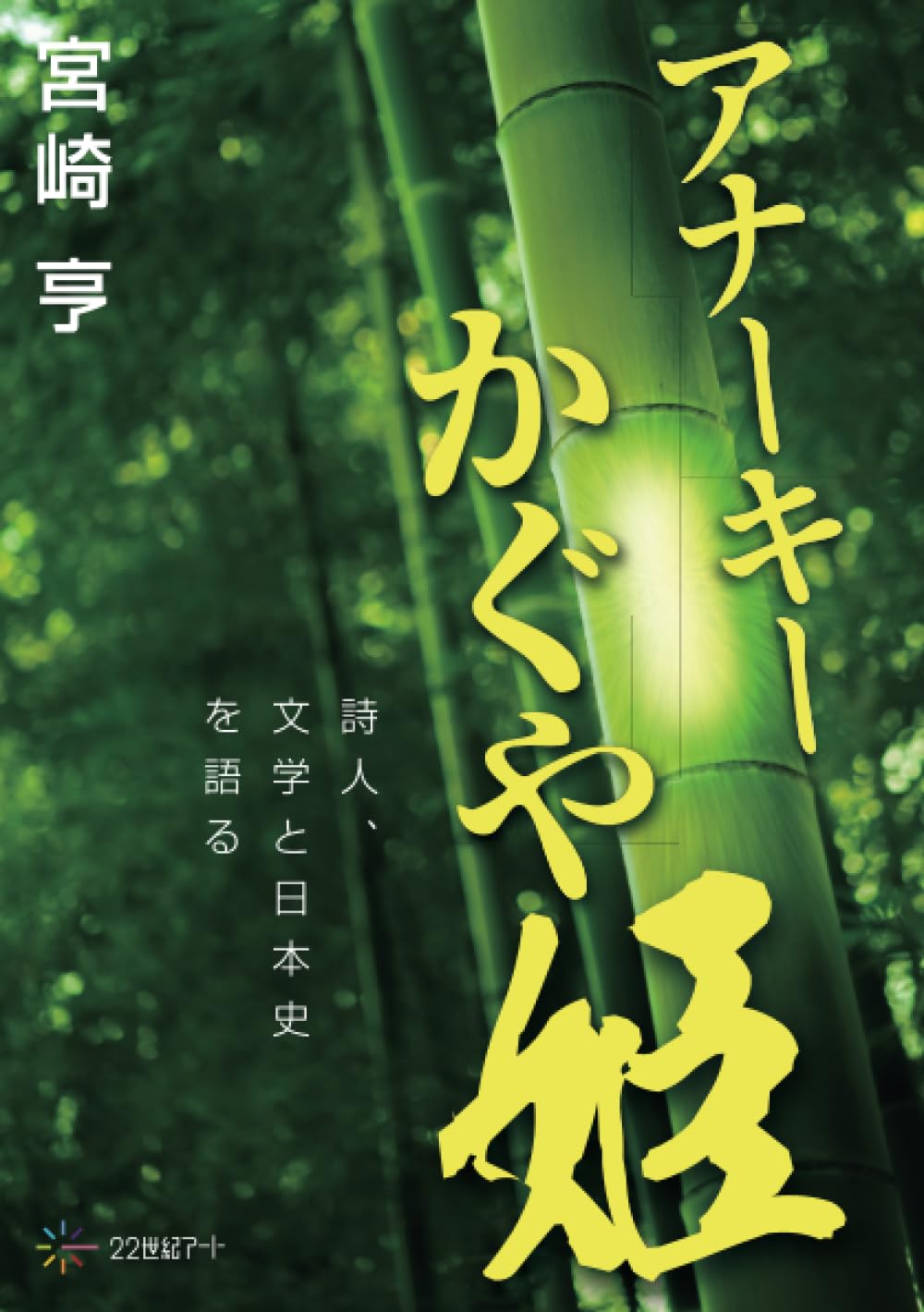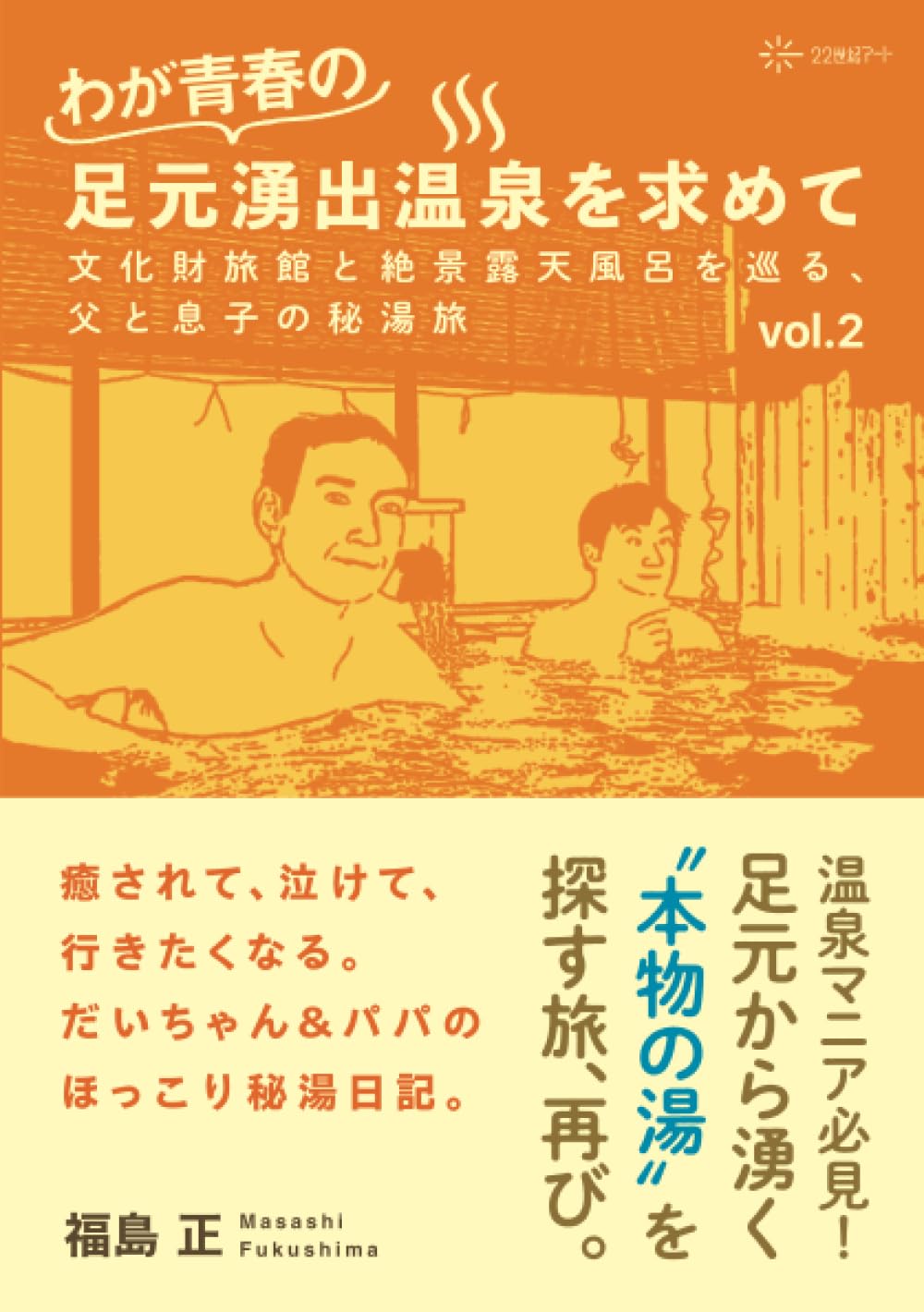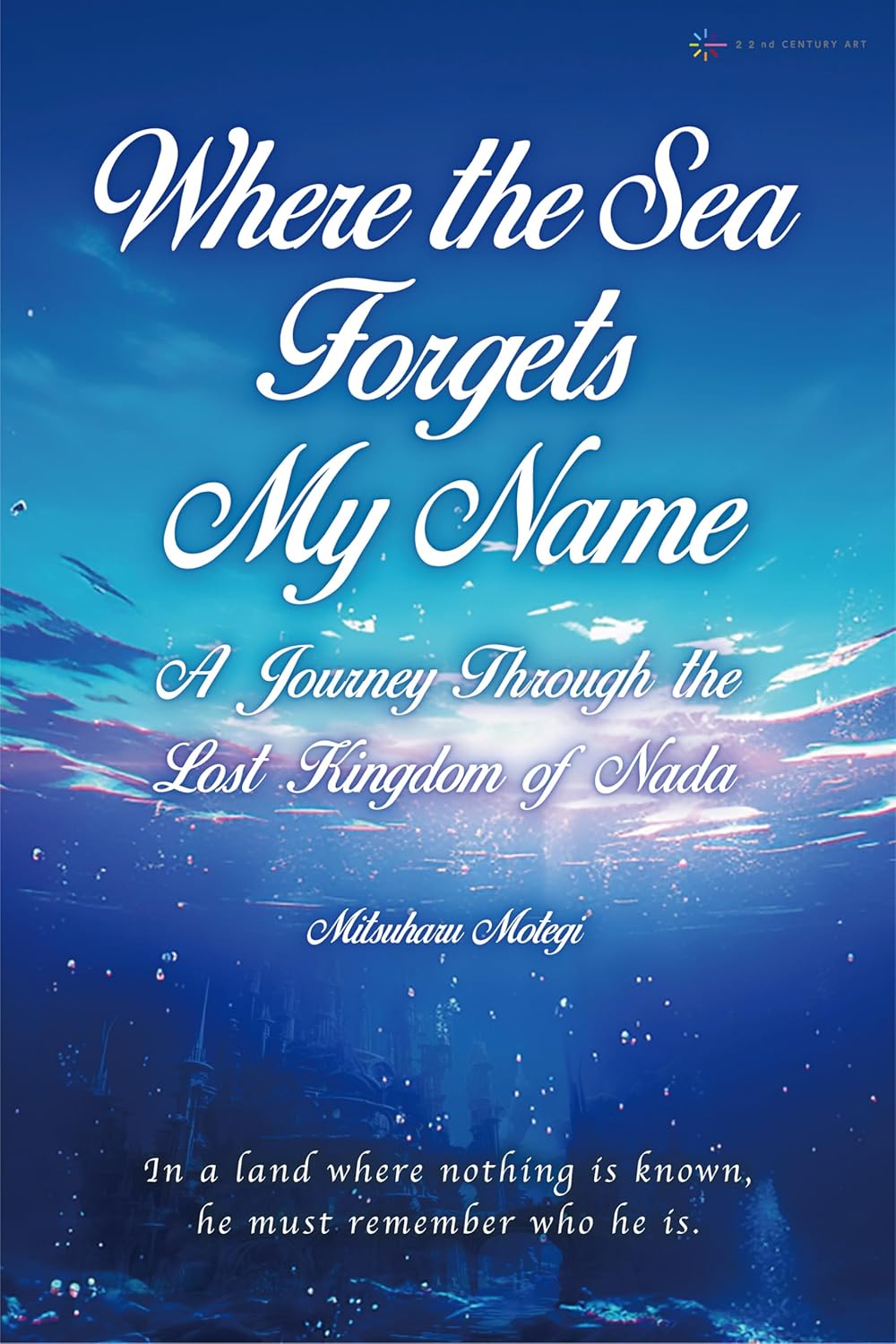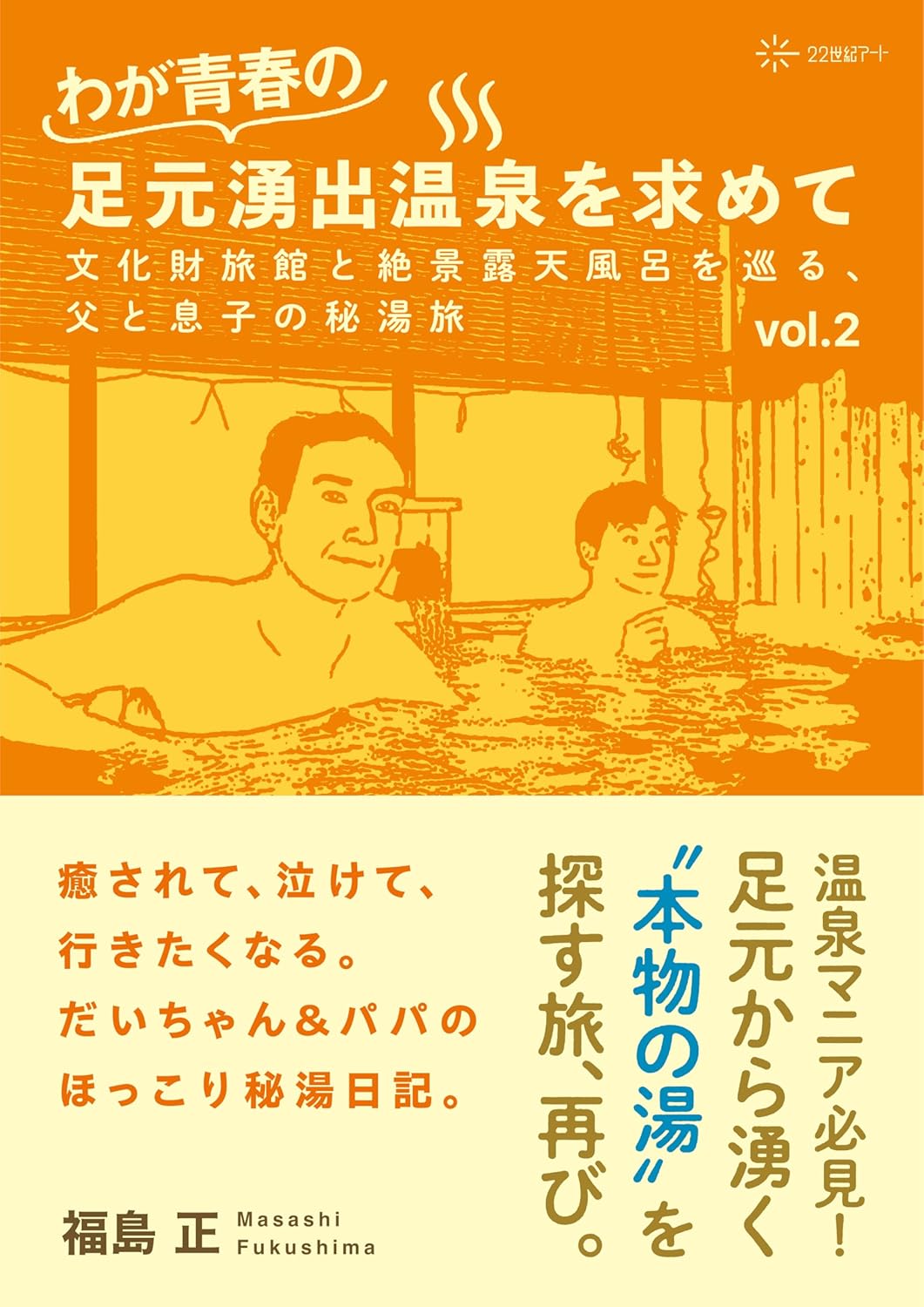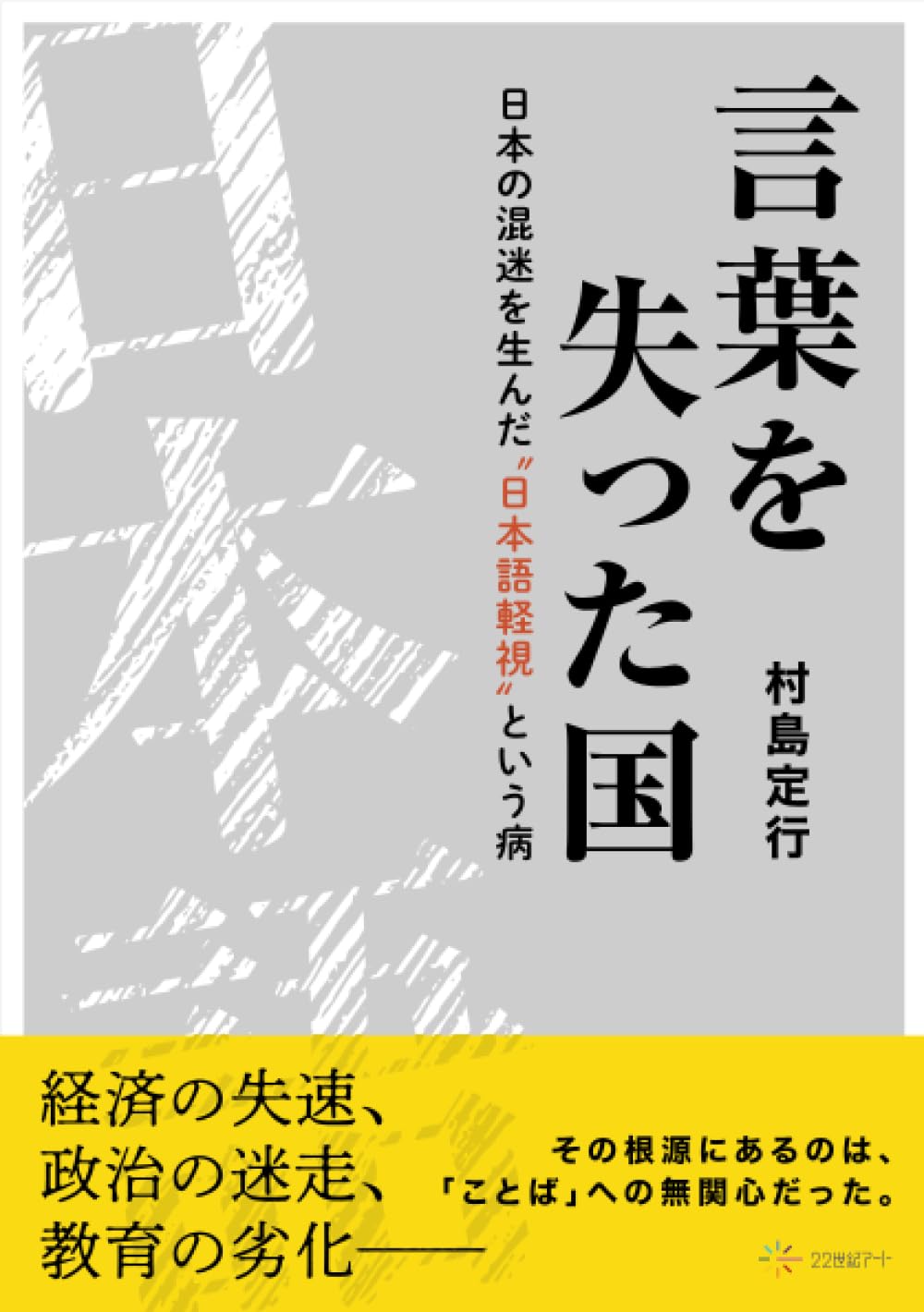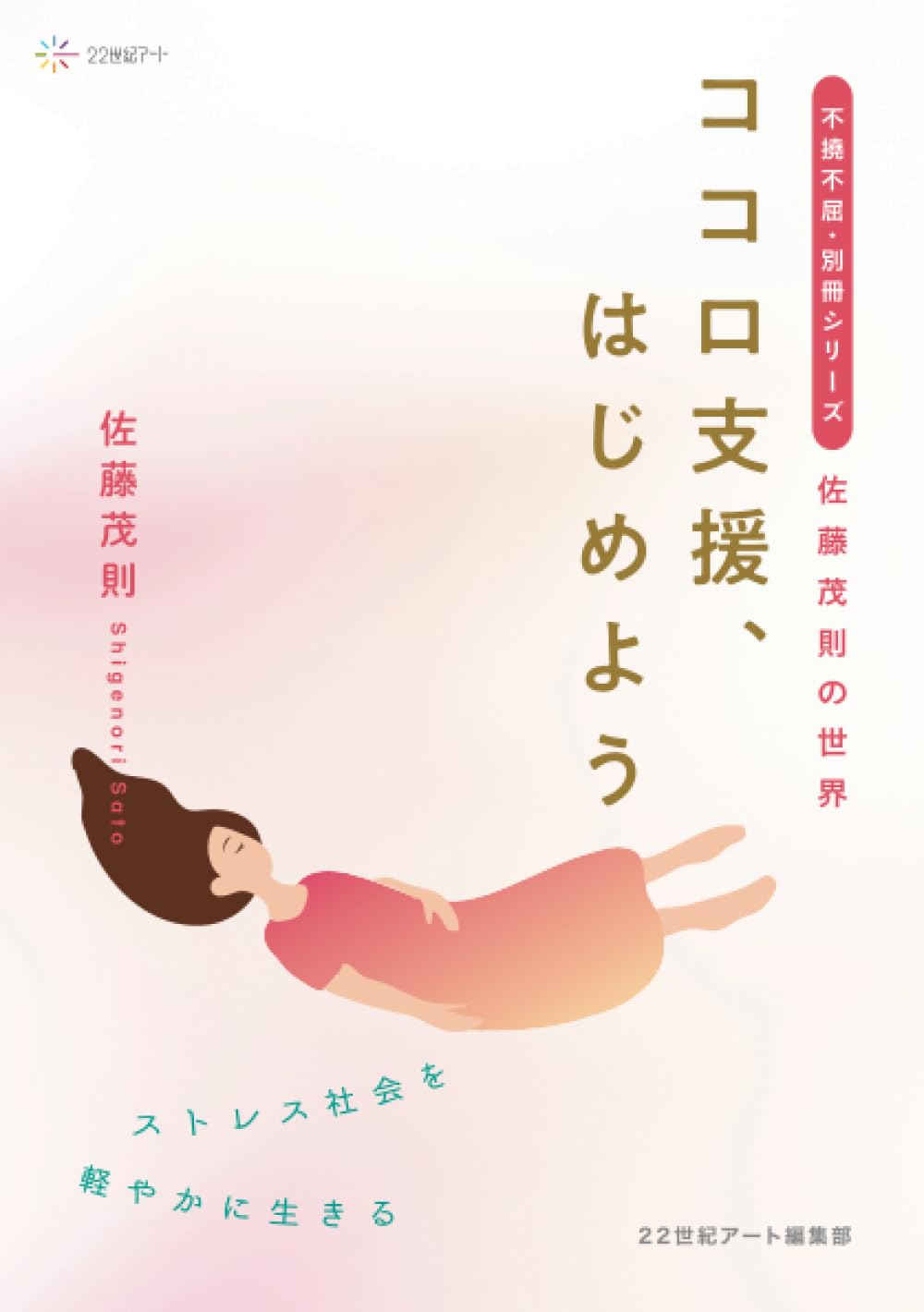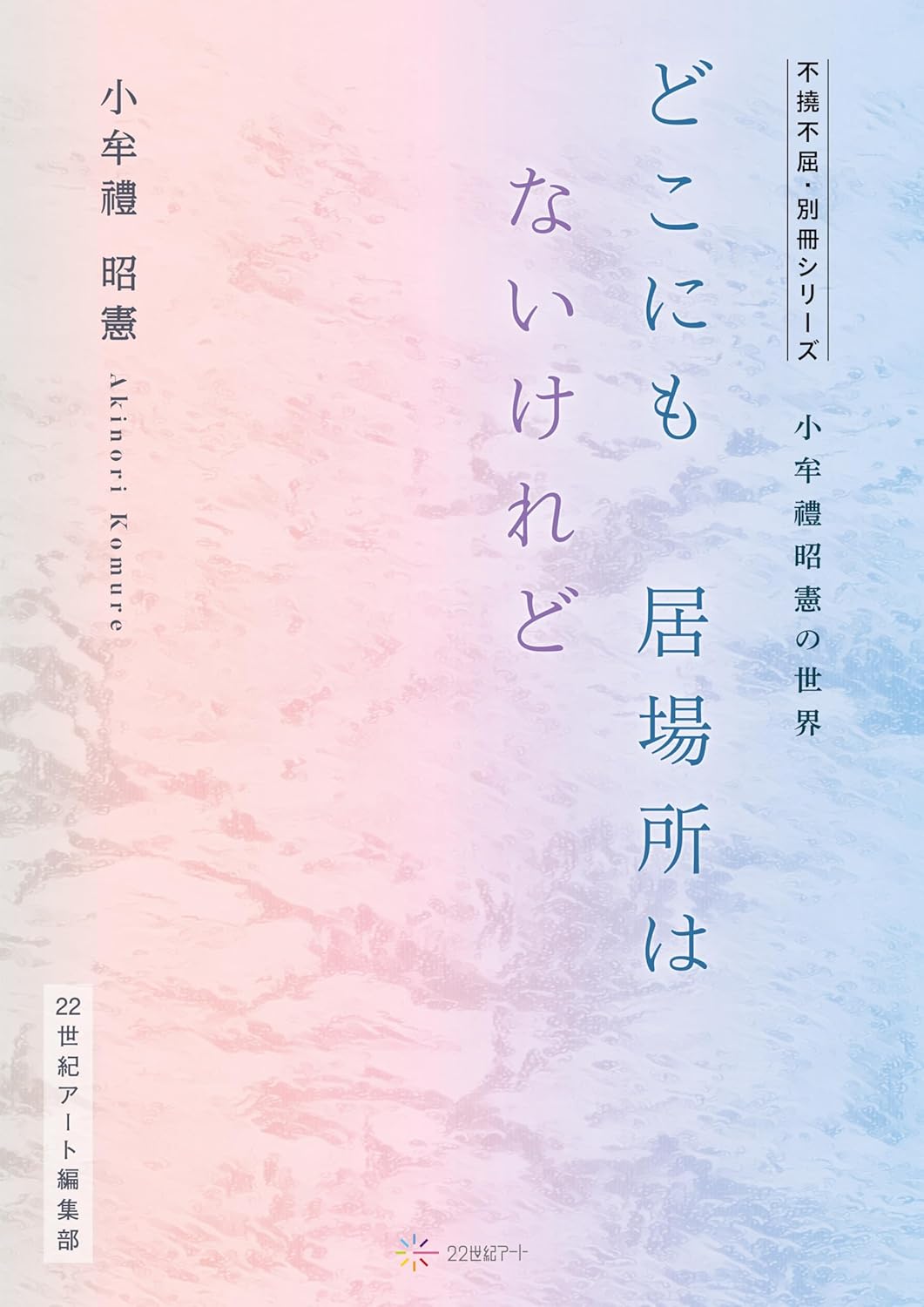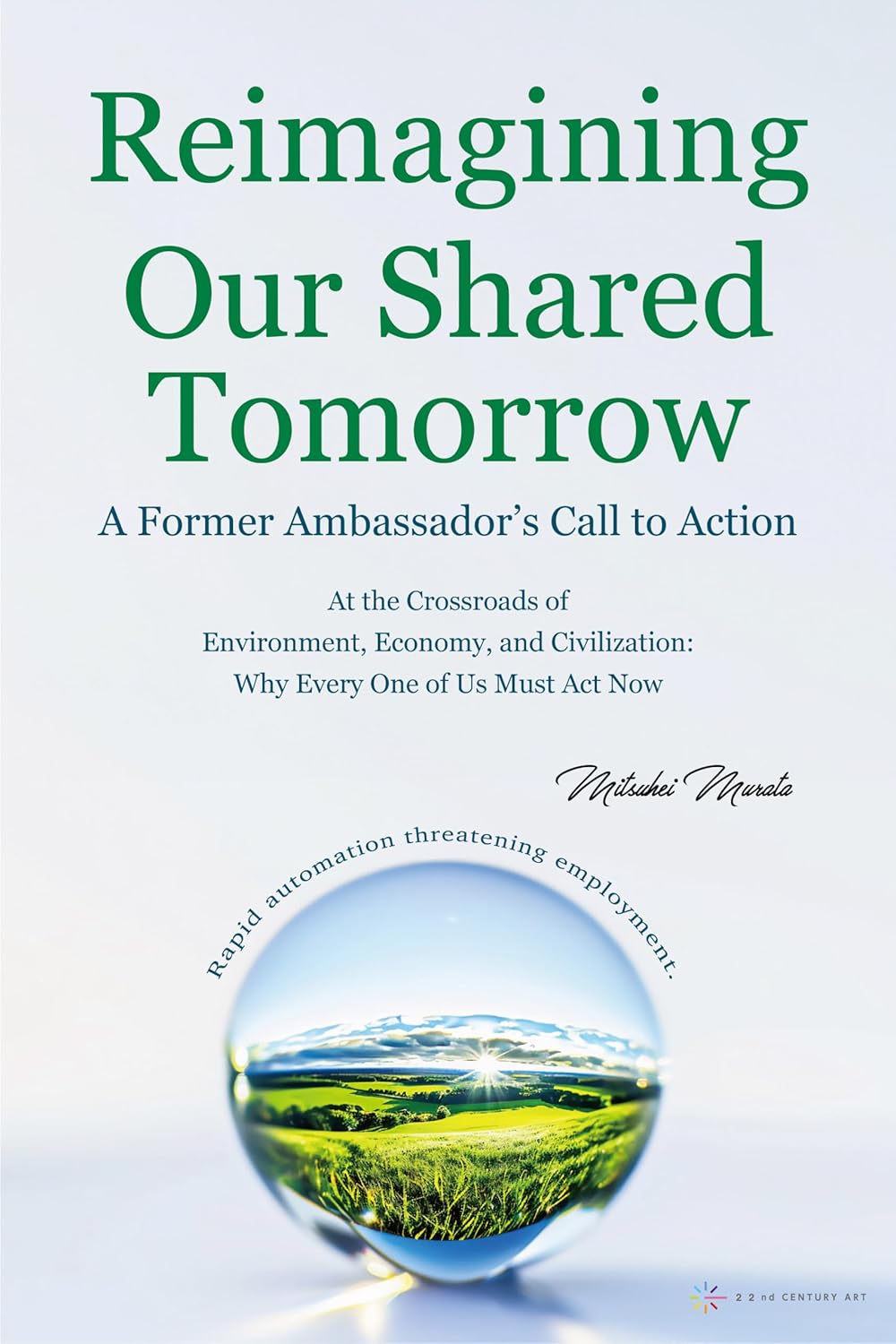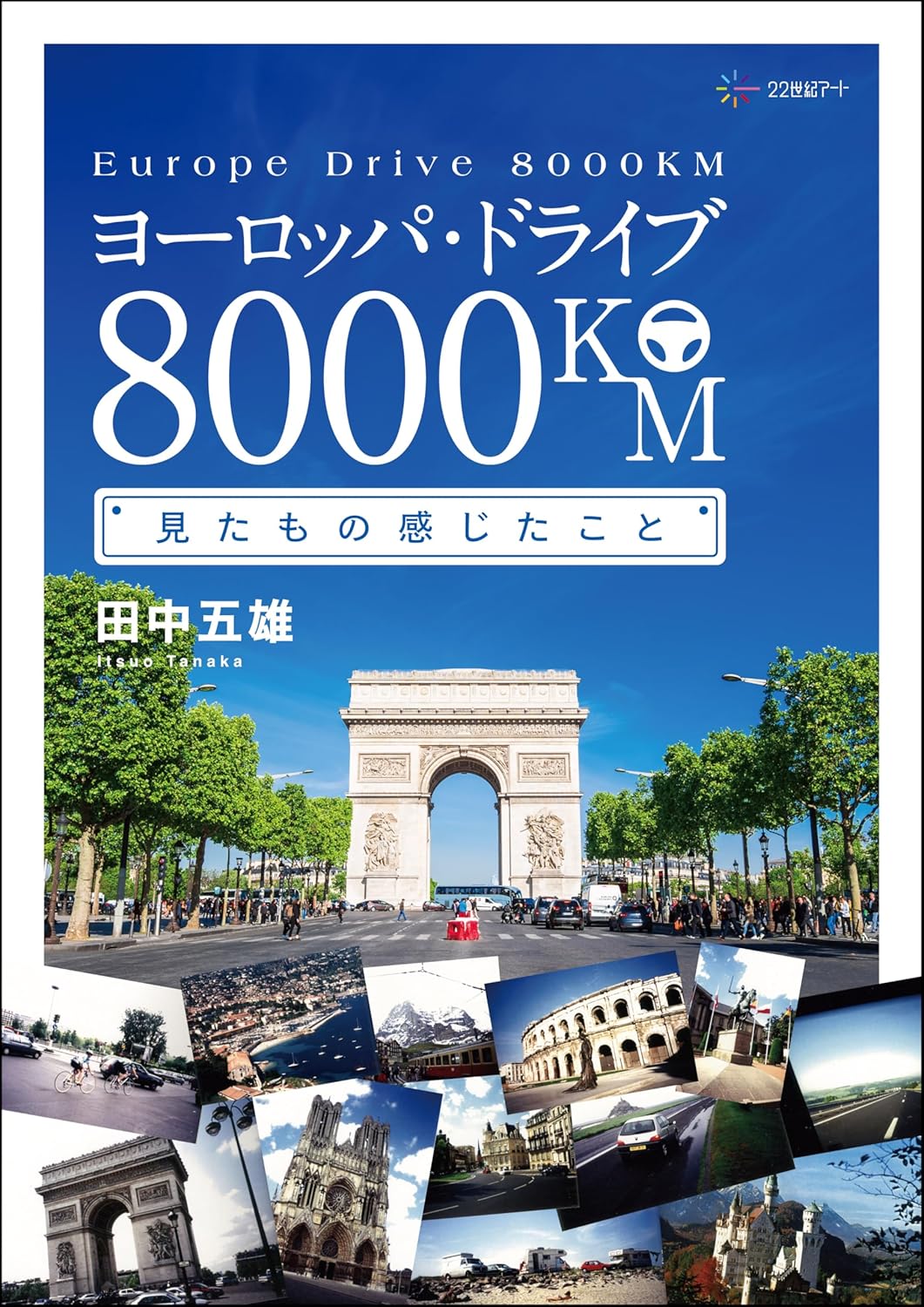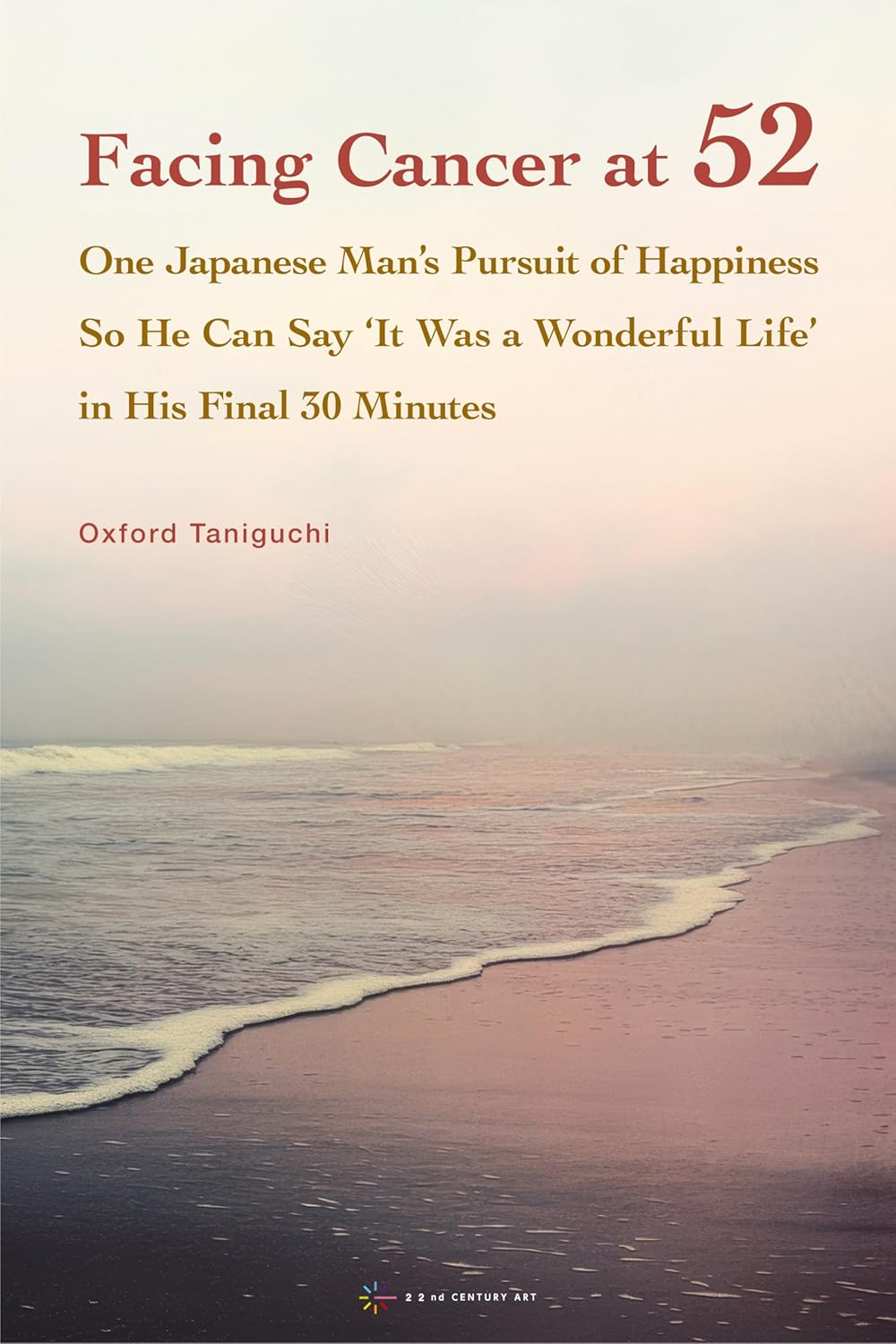
Facing Cancer at 52: One Japanese Man’s Pursuit of Happiness So He Can Say ‘It Was a Wonderful Life’ in His Final 30 Minutes
(著) Oxford Taniguchi
Amazon作品詳細
[About the Book]
— How We Face the End Determines the Meaning of Life —
According to the latest data, nearly one in two people will be diagnosed with cancer in their lifetime. The mere mention of the word can evoke a sense of despair, as cancer is so often associated with death. But does a cancer diagnosis necessarily lead to a tragic ending?
Diagnosed with cancer at the age of 52, the author chose not to undergo chemotherapy, instead opting to “live fully” and embrace a path toward a blissful final chapter. In this heartfelt and honest account, he reflects on his experiences and thoughts—how being diagnosed with cancer was, in some ways, a stroke of luck; what patients can do to prepare for an ideal death; and why something more important than “curing” illness might exist.
This book is a guide for living in a way that allows one to leave this world with the words, “It was a good life.”
[Table of Contents]
Preface
Chapter 1: A “Blissful Final Moment” Is Born From Days of Despondency
Chapter 2: Dignity as a Patient Leads to a “Blissful End”
Chapter 3: Ten Principles for a “Blissful End”
Chapter 4: Find Your True Self Before the End Comes
Chapter 5: Taking the Cancer You Have Contracted as an Opportunity to Transform Your Entire Life and Start Anew
Chapter 6: Just Living Out Your Life With Cancer Is Too Wasteful
Afterword
Author Profile
[Editor’s Comment]
How we live is, of course, important. But perhaps even more vital is how we bring that life to a close—because death comes to all, without exception. The author, having once stood face-to-face with a cancer diagnosis, speaks with both strength and warmth about life, death, and what truly matters. Regardless of age or circumstance, this is a book we hope many will take the time to reflect upon.
[Author Profile]
Oxford Taniguchi
Born in Tokyo in 1953.
He is a Professional Engineer and a former visiting researcher at the University of Tokyo Graduate School. After devoting himself to government official development assistance in emerging countries and serving as the leader of study teams for 40 years, at age 52—while working on an Iraq reconstruction support project—he was diagnosed with advanced cancer resistant to chemotherapy and survived through observation alone. Approaching 60 and questioning cancer treatment, he enrolled at the University of Tokyo Graduate School as a student. After his studies, he participated in cancer research as a visiting researcher. Now at 70, he spends his time writing, serving as a committee chair in an academic society, chairing a university alumni branch, working as a neighborhood council officer, and more.
新刊情報

